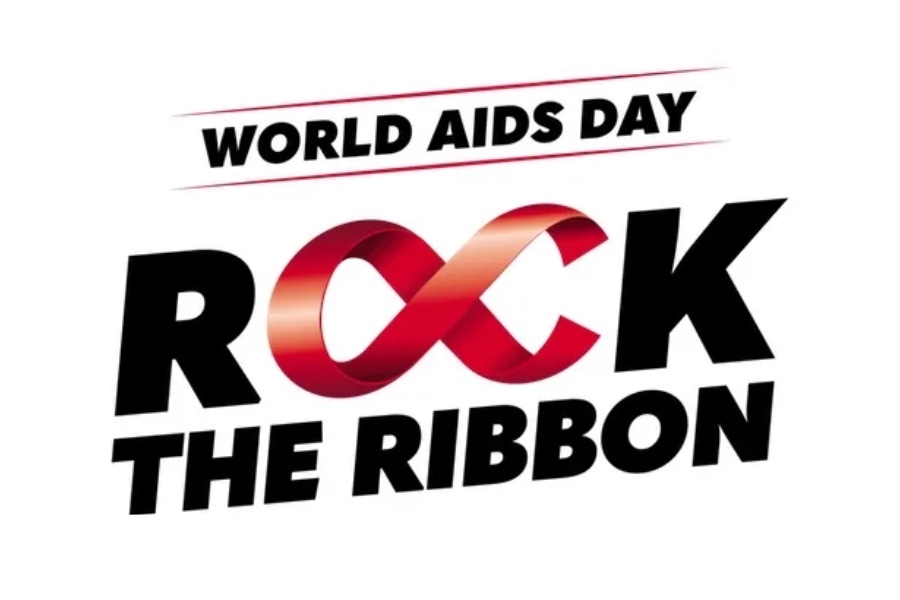December 1st is World Aids Awareness Day—a critical campaign aimed at raising awareness about HIV/AIDS, challenging stigmas, and fostering environments where individuals can feel safe and supported.
For HR leaders and professionals, this campaign provides an opportunity to reaffirm commitment to inclusive workplace practices while addressing the evolving needs of employees who may be affected by HIV/AIDS.
What is Aids Awareness Day?
Aids Awareness Day, established in 1988, is an internationally recognised event to promote education, awareness, and action regarding HIV/AIDS. It serves as a reminder of the ongoing fight against this epidemic and the importance of addressing related social issues, including discrimination and access to healthcare. For businesses, this day offers an opportunity to review policies, enhance employee education, and ensure compliance with regulations around health and equality.
Why Aids Awareness Day Matters for Businesses
The workplace is an essential arena for promoting health and wellbeing. Employees who feel supported are more likely to be productive, engaged, and loyal. By acknowledging Aids Awareness Day, HR leaders can help build a culture where employees feel valued and safe, regardless of their health status.
Workplaces must address the stigma that continues to surround HIV/AIDS. Despite advancements in treatment, misinformation and prejudice remain widespread. This can result in discrimination, reduced productivity, and a lack of necessary support for those living with the condition. By taking proactive steps, HR professionals can ensure that their organisations are not only compliant with anti-discrimination laws but also genuinely inclusive and supportive.
How Leaders and Organisations Can Get Involved
- Educate Employees: Host workshops or seminars that provide factual information about HIV/AIDS, its transmission, and how modern treatments have changed the outlook for those living with the condition. This can help to dispel myths and reduce stigma in the workplace.
- Review Policies and Practices: Ensure that your organisation’s health and wellbeing policies are up to date and inclusive. This should include non-discrimination clauses specific to HIV status and access to appropriate healthcare benefits for all employees.
- Promote a Culture of Openness: Encourage an environment where employees feel comfortable discussing health issues without fear of discrimination or negative consequences. Managers and HR personnel should be trained to handle such conversations sensitively and respectfully.
- Partner with External Organisations: Collaborate with health organisations, charities, or local health authorities to offer free HIV testing, counselling, or informational sessions for employees. Partnering with experts can enhance the credibility of your initiatives and ensure that employees receive accurate and up-to-date information.
- Leverage Internal Communications: Use internal platforms such as email newsletters, intranet postings, or team meetings to promote Aids Awareness Day. Include information about events, company policies, and resources available to employees for support and education.
- Provide Support for Affected Employees: Ensure that employees living with HIV/AIDS have access to the necessary medical and emotional support. This includes flexible working arrangements, confidentiality assurances, and adequate healthcare coverage.
Resources for Further Information
For HR professionals looking to deepen their understanding and take action, the following resources offer valuable insights and tools:
Don’t forget…
Take a look at our expert guides covering AIDS and HIV at Work for HR leaders below:
Workplace Wellbeing Professional is an online magazine featuring news and analysis on a broad range of employee wellbeing topics, focused on a UK based audience.


